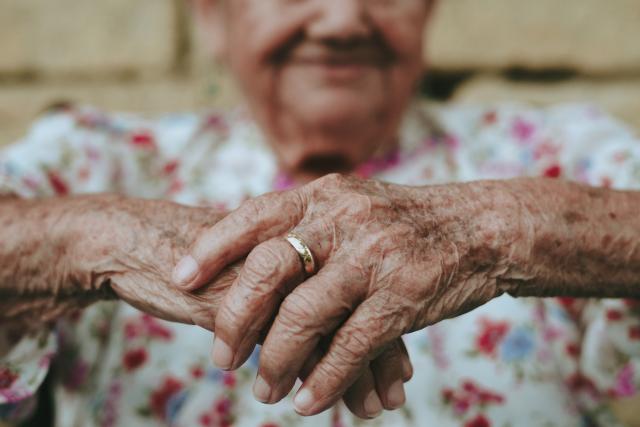Dementia Australia has reinforced the need for everyone to act now to make our communities, including those in Hume and Whittlesea, more dementia-friendly.
In an announcement on World Alzheimer’s Day on September 20, Dementia Australia said this is so people living with dementia have access to the services, supports, activities and spaces.
Dementia Australia chief executive Maree McCabe said the need for this focus is supported by recent national and international attention on dementia, including the release of significant reports.
“Dementia is a significant and growing health and aged care issue in Australia,” Ms McCabe said.
“With more than 400,000 Australians living with dementia and the number expected to increase to more than 800,000 by 2058, dementia is the chronic disease of the 21st century and must receive [attention].”
The World Alzheimer Report 2023 focuses on dementia risk reduction to help readers understand dementia risk in an holistic and easy-to-read way.
It draws on insights from approximately 90 high-profile researchers, healthcare professionals, policymakers, people living with dementia, and informal carers.
“While there is nothing definitive you can do to prevent dementia, there are many things you can do to help reduce your risk of developing dementia,” Ms McCabe said.
“These include looking after your brain health, body health and heart health, and it’s never too early or too late to start.
“While we cannot change getting older, genetics or family history, scientific research suggests that changing certain health and lifestyle habits may make a big difference to reducing or delaying your risk of developing dementia.”
The Dementia in Australia update shows the continued substantial impact on the health and quality of life of people living with dementia, including their family and friends.
The Development of the National Dementia Action Plan highlights the discrimination and isolation people living with dementia face after diagnosis.
Ms McCabe said this was in line with results of successive Dementia Australia surveys showing 32 per cent of Australians found people living with dementia frightening.
This is an increase from 23 per cent a decade ago.
“Fear leads to stigma and discrimination which can have a real and distressing impact on people living with dementia, their families and carers,” Ms McCabe said.
“People may avoid seeking critical medical and social support and become increasingly socially isolated.
“The good news is, there are so many simple things we can do every day to change this.
“By taking small steps and considering ways to include people living with dementia, you can ensure a better experience for everyone in your community.
“We have the resources and information freely available on our website for everyone to make a start.”
Details: dementia.org.au







